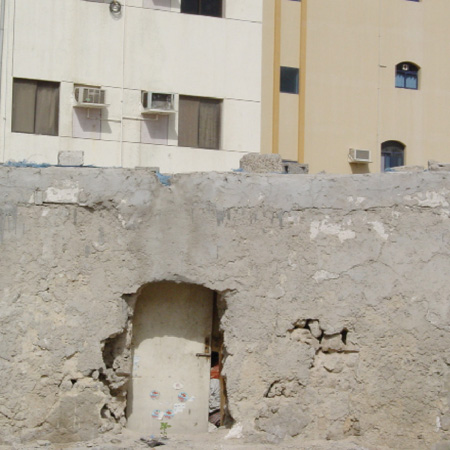





Habit is the Enemy
Miranthe Staden-Garbett
I often wish my eye was a camera. It may seem a childish thing to wish for, but it is precisely that sense of newness and curiosity that makes one, not only look, but also see, as if for the very first time. There are moments in this world that grace you with their presence. Uncannily, they may materialise seemingly out of the ether into your radius. Often you don’t even notice. This is the stuff that both life and dreams are made of. It could be anything, it can be everything. Perhaps its not the thing itself, but what an awareness of it may trigger.
Abrie Fourie’s camera is like that eye. He sees things where others see nothing. He finds poetry in trash, redemption in ruins. Often it is artificial, man-made phenomena that catch his attention. And not in their shiny newness, but in their degenerate states; broken, torn, tattered, crushed and left for dead. In the wholesomeness of nature, beauty comes easily. It is more difficult to find the saving grace in a plastic bag, a dirty wall, a barbed wire fence, a cemented doorway, broken glass, a cracked window-pane, shattered plastic chairs, redundant monuments. But Abrie does.
Quietly, he places something in front of your eyes, something you may have seen countless times before, things so common they have become invisible, and he asks you to look again. Emphasising the abstract quality of the commonplace transforms it into something rare, even beautiful. The enemy here is habit. Once stripped of one’s habitual response, (or non-response) everything becomes possible. His photographs urge you to peel away the layers of your conditioning and let each abject object speak to you.
There is a long and important tradition that moves towards finding the mystical in the simple and ordinary. Jesus said “The Kingdom of God is a mustard seed, small enough to get lost among others.”1 The Taoists, Zen Buddhists, and poets too numerous to mention, share this philosophy of attentiveness, the cultivation of an awareness of the infinite in the finite, of the spirit in the inanimate. Abrie’s photographs are a visual expression of the inimitable words of the German poet, Paul Celan “It is time they knew. It is time the stone made an effort to flower.”2
There are moments in this world that grace you with their presence. They belong to everybody. Abrie Fourie makes them easier to find.
1. Crossan, J. The Essential Jesus: Original Sayings and Earliest Images. New Jersey: Castle Books, 1994
2. Celan, P. 1988. Poems of Paul Celan. Stuttgaurd: Anvil Press.
where-we-r.com/door
Dubai, United Arab Emirates
World Wide Web
Dimensions variable
2003 - 2005
